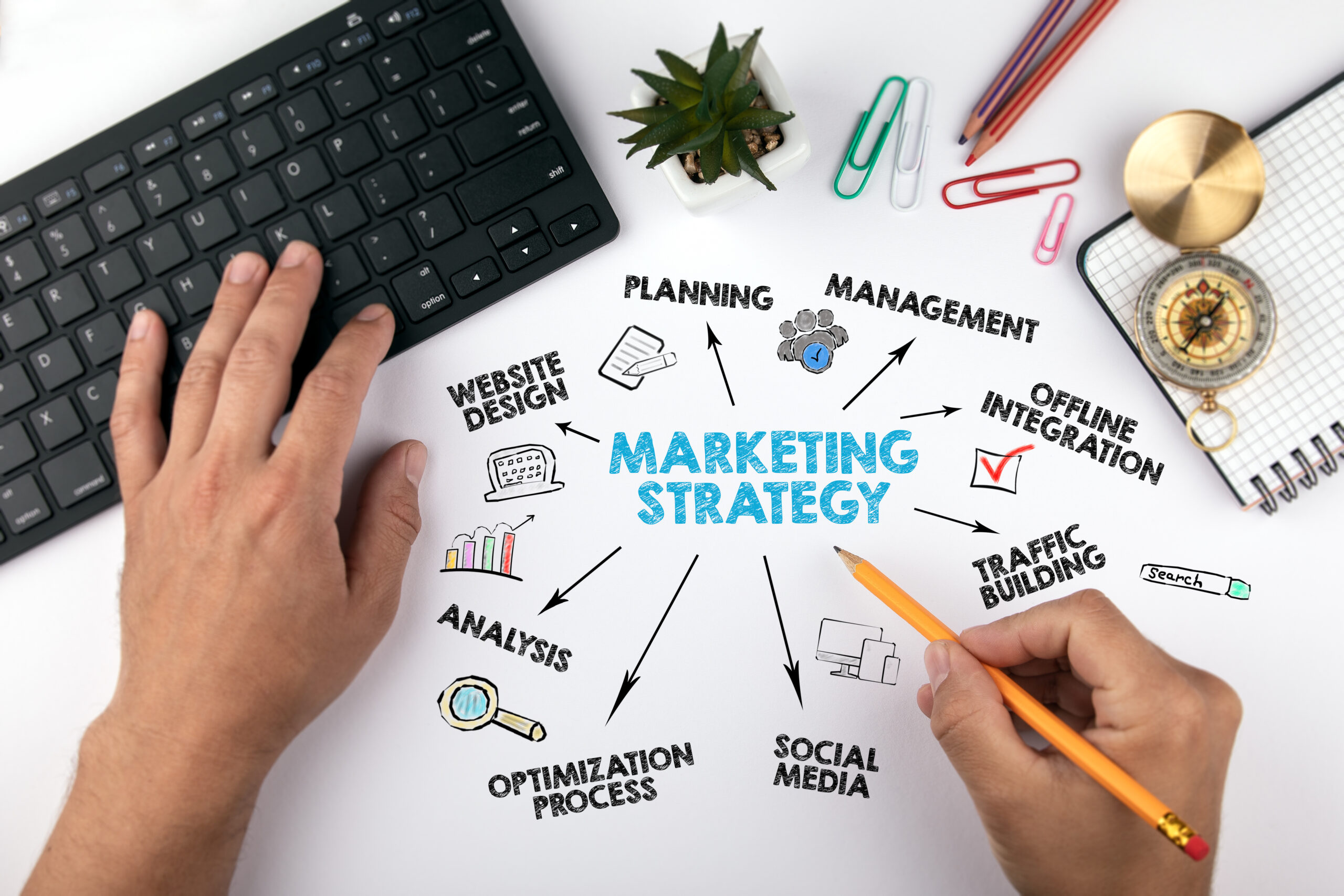Search is changing faster than ever. With tools like ChatGPT, Perplexity, Claude, and AI-powered browsers, many users are skipping traditional search engines entirely. So how do you make sure your business or content still shows up—when the results aren’t even links anymore?
Welcome to SEO in the Age of AI.
How to rank in AI tools like ChatGPT, Perplexity, and Claude
Table of Contents
First, let’s clarify what we mean by “AI search.” Unlike Google, which displays a ranked list of websites, large language models (LLMs) like ChatGPT generate answers, often based on summaries of multiple sources. Some tools (like Perplexity) cite their sources directly; others (like ChatGPT) do not.
This shift means your website or brand might never be “clicked” the way it was before—but it still needs to be present in the training data, retrieval tools, or verified sources that LLMs pull from.
What do large language models pull from—and how can I get in there?
Here’s where most people get it wrong: LLMs do not crawl the internet like Google. Instead, they rely on:
- Training datasets (e.g., Common Crawl, Wikipedia, open-source datasets)
- Trusted content libraries (e.g., news outlets, encyclopedias)
- Structured data and directories (like TripAdvisor, Yelp, Crunchbase)
- Embedded search indexes (e.g., Bing API for ChatGPT, Open Web Index for Perplexity)
To show up in AI tools, you want to:
- Get listed on directories that LLMs trust and cite (TripAdvisor, Google Business, LinkedIn, Crunchbase, etc.)
- Ensure your website metadata is accurate, structured, and visible
- Be mentioned or linked to from high-authority, public-facing sources
What still matters: How traditional SEO helps you show up in ChatGPT
Even though LLMs aren’t just crawling your pages, your on-page SEO still counts. Why?
Because many AI search tools do reference content from well-indexed websites and APIs.
Here’s what still works:
- Semantic SEO: Writing content that clearly answers user questions in natural language
- Schema markup: Helps tools like ChatGPT understand your business name, location, reviews, and offerings
- Domain authority: Still important for visibility and credibility
- Fast-loading, mobile-friendly pages: Used by tools like Bing/Google, which power some AI search engines
If you’ve already invested in good SEO, don’t panic. It’s still a foundation—but now it needs reinforcements.
What doesn’t work anymore: Outdated SEO strategies to avoid
Trying to trick the system? That’s over.
Avoid:
- Keyword stuffing (LLMs don’t reward repetition—they penalize low-quality patterns)
- Spammy backlinks (AI tools ignore irrelevant backlinks entirely)
- Thin content (AI rewards depth, nuance, and helpfulness)
- Over-optimized headlines that don’t sound human
AI tools prefer clear, helpful, well-organized content written in natural language. If your SEO strategy sounds like it’s from 2014, it’s time to refresh.
How to make your website show up in ChatGPT and Perplexity
This is the golden question: How do I make sure ChatGPT recommends my business or content?
Start with these essentials:
- Claim your business on TripAdvisor, Google Business Profile, LinkedIn, Crunchbase
- Add schema markup to your website (especially LocalBusiness, Person, Event)
- Write FAQ-style content that clearly answers long-tail keyword questions
- Include original, quotable insights—LLMs often extract text fragments when forming responses
- Get mentioned in press or expert directories (e.g., Help a Reporter Out, Medium, Substack, etc.)
Bonus: Tools like Perplexity.ai often cite their sources. To get cited:
- Ensure your blog is crawlable
- Write with authority (citing your own data or experience)
- Include human-sounding subheadings that match natural queries (like the ones in this post)
What directories and content sources feed AI tools?
Want to future-proof your visibility? Here’s where LLMs are getting their content today:
| Source Type | Examples |
| Business Listings | Google Business, Yelp, TripAdvisor, Crunchbase |
| Review Sites | G2, Capterra, OpenTable |
| High-Authority Media | Wikipedia, Forbes, TechCrunch |
| Educational Content | Medium, Quora, Substack, personal blogs |
| Social Proof | LinkedIn Profiles, YouTube interviews, TikTok Q&As |
Pro tip: If your niche has industry-specific directories (like RealSelf for health or Avvo for legal), list there too.
Bonus Tips: TikTok SEO, social signals, and AI discoverability
Even social content can influence visibility in AI tools. While TikTok and Instagram aren’t directly crawlable by most LLMs, here’s how to leverage them:
- Post educational content with relevant hashtags and spoken keywords (LLMs may learn patterns via transcription)
- Repurpose TikTok scripts into blog posts—great for SEO and human-readable copy
- Use YouTube (especially if your videos are well-titled and transcribed—these are directly indexed)
Social signals still matter—even if they’re indirect. They show you’re a real human talking to real people, which AI is learning to value more.
Frequently Asked Questions
ChatGPT pulls from trusted datasets and embedded tools like Bing or Wolfram Alpha. Verified listings, high-authority websites, and schema-rich blogs are more likely to be reflected.
Yes—if your site answers a relevant query well, and it’s crawled by the web index Perplexity is using (such as Open Web or Bing). Long-form, helpful content works best.
No—but you should expand it. Think beyond Google. Aim to show up in LLMs, directories, and human conversation. SEO today is about being discoverable everywhere.
Final Thoughts: Modern SEO Isn’t About Tricks. It’s About Trust.
Search has changed—but the goal hasn’t. You want the right people to find you when they need you most.
In a world where answers are generated—not just linked—your best bet is to:
- Be useful. Be cited. Be structured.
- Show up in multiple places.
- Write like a human, think like a machine.
If you do that, you’ll not only survive in the age of AI—you’ll thrive.
Want Help Putting This into Action?
At OverCoffee Consulting, we specialize in working with:
- Professional service businesses (clinics, coaches, attorneys, consultants)
- Local brands ready to scale their online visibility
- Business owners who are tired of vague SEO promises and want real, measurable results
🔍 Our digital marketing services include:
- SEO strategy & implementation
- Website optimization for AI + human readability
- Content marketing aligned with LLM visibility
- Local business listings and reputation management
- Fractional CMO support for scaling brands
👉Schedule a free 20-minute consultation
To learn how we can help you stay visible — to Google and the bots.



